It is always time to consider spider control! One of the most prevalent phobias worldwide is the fear of spiders, better known as arachnophobia. Aside from those horror films that use spiders as villains, this fear may have also originated from the fact that spiders are everywhere, even in your own homes. The thought of sharing your home with spiders can be a nuisance, annoying, and dangerous at the same time.
Their cobwebs can be a sore in the eye, especially if you see them in your living room corners or bedroom corners. While spiders aren’t all that bad and may not always pose a threat, their existence can be frustrating. Imagine going through your closet or passing by the laundry room and suddenly running into cobwebs sticking to your hair and skin. Worse, you later find the spider crawling into your feet or arms and freak yourself and the entire family!
Thankfully, you can prevent these spider-encounter scenarios with our tips below. Keep reading to eliminate spider infestations in your home!
13 Spider Control Tips
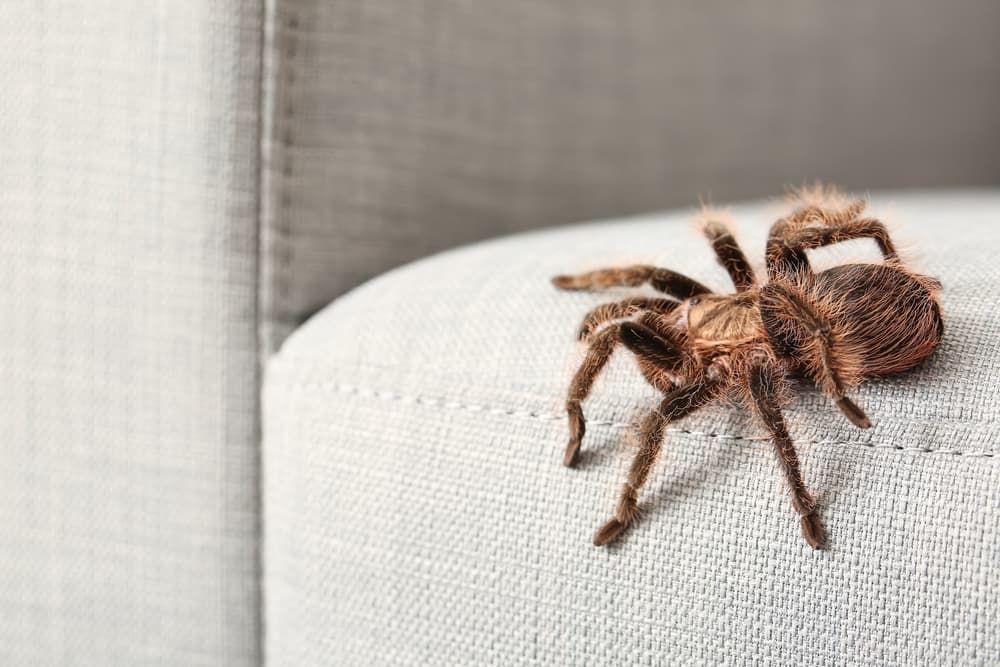
Image Credits: maid2match.com.au
Spider infestations in homes can be a nuisance, especially if it involves dangerous spider species such as the brown recluse spiders, known for their poisonous spider bites. If you suspect an infestation, it is the best time to take action to prevent further population.
Spiders often infest the kitchen, attics, basements, and sometimes even your bedrooms. Getting rid of them entirely may not be possible (or ideal), but there are steps to help you control and minimize their population.
Check out these thirteen tips to get started.
1. Call A Professional Pest Controller
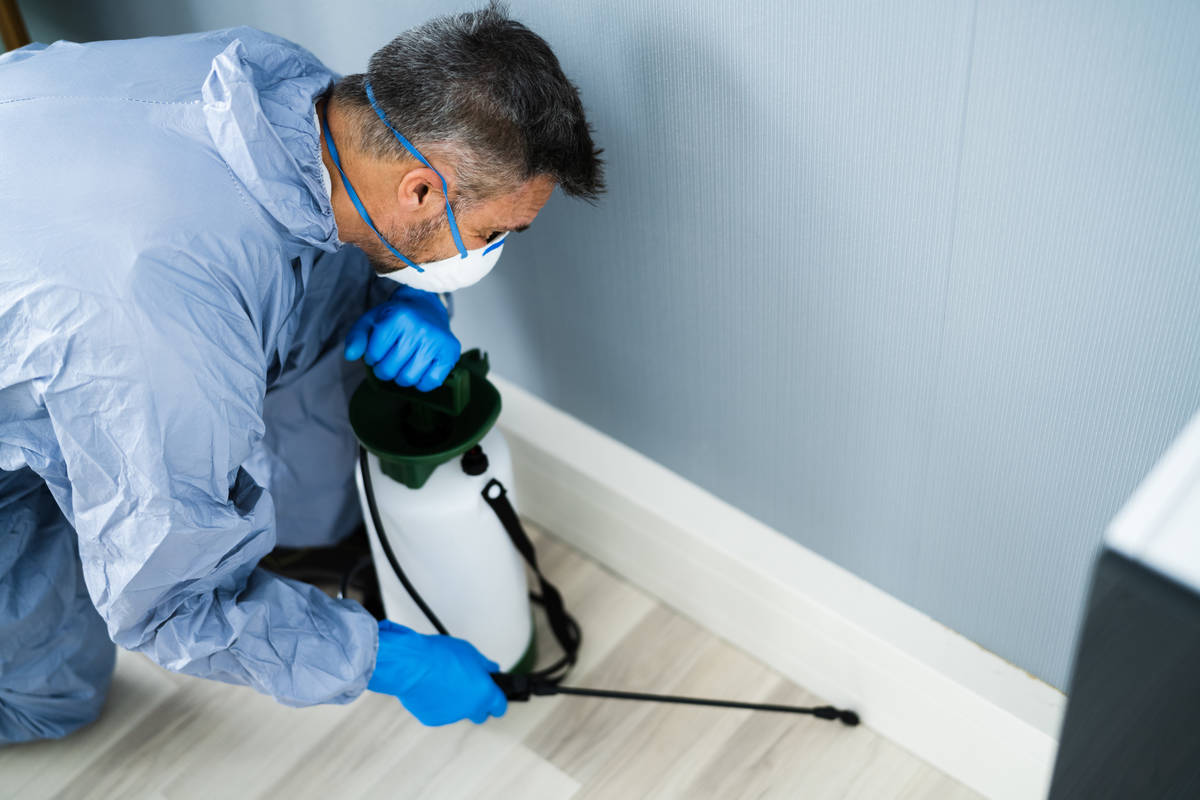
Image Credits: reviewjournal.com
Before taking precautionary steps to reduce spiders in your home, call professional pest controllers. This is ideal, especially if you suspect an infestation but haven’t identified the spider species yet. Pest controllers like The Yard Butler and other pest control companies will help remove these spiders and keep them out of your home.
They can also identify what type of spiders are infesting your home and will use the corresponding pesticides for that specific species. You can ensure that the population of spiders and other pests invading your home will reduce as these professionals have the proper and complete equipment to do the job.
2. Clean Your Home Regularly
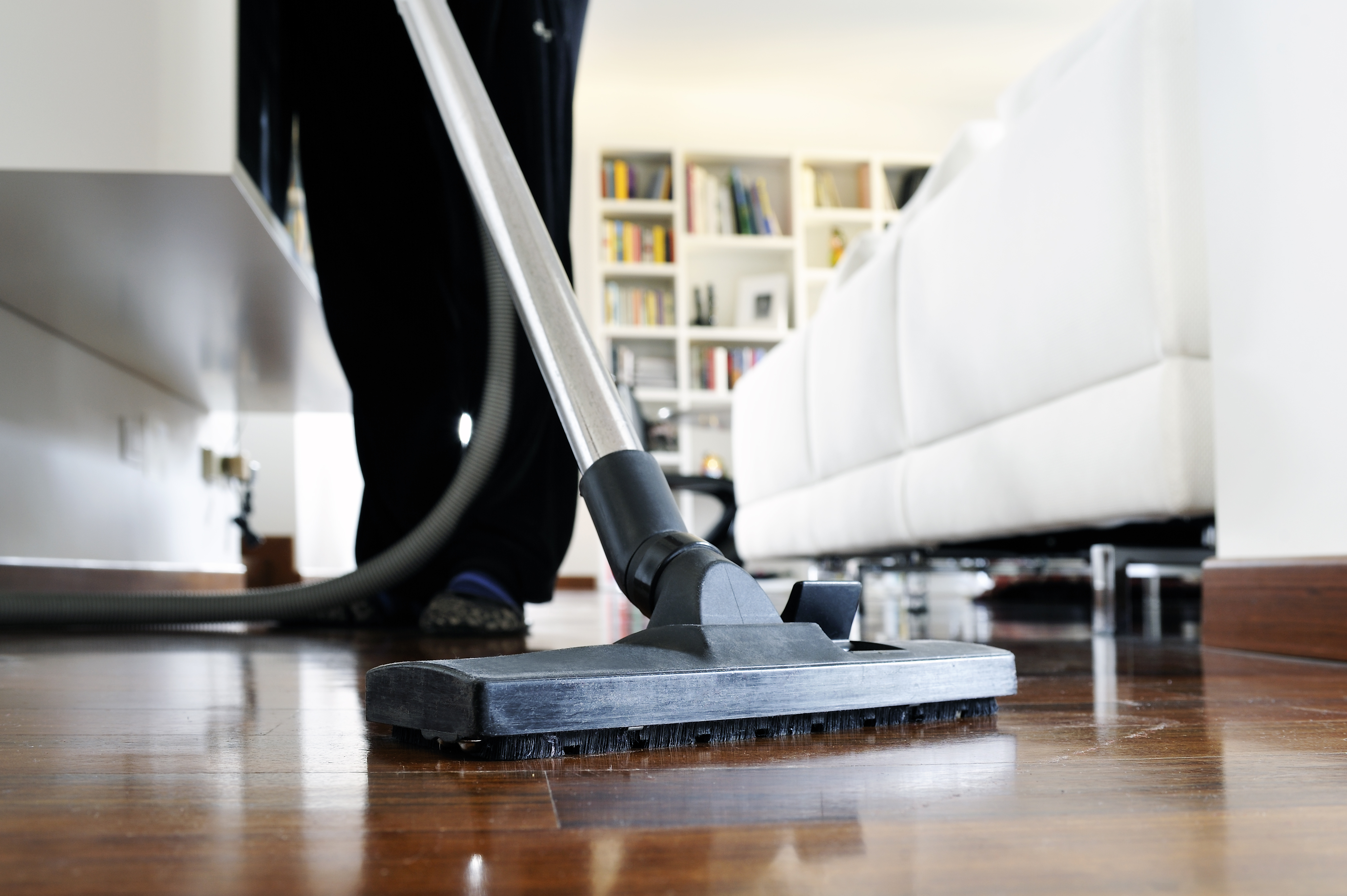
Image Credits: pestworld.org
Now that the number of spiders in your home is reduced, there are specific steps you can take to keep it that way for as long as possible. One way to control spiders is by regularly cleaning your home. Spiders thrive in dirty, tight, and cluttered areas, giving them space to hide and create cobwebs. Moreover, dust and food particles can also attract small insects, which eventually cause the spiders to follow them.
Ensure you set aside enough time to do some quick home cleaning daily. Make an effort to keep those hard-to-reach corners free from clutter and dust. After having meals, remember to wipe the tables and floors to prevent food particles from sitting on these surfaces for hours and attracting spiders. For your trash bins, remember to take them out every day and never let your trash pile.
3. Keep Attics, Basements, And Garage Clutter-Free
:max_bytes(150000):strip_icc()/GettyImages-528098460-2000-6cf3c18930e847faa18842c9eb84c3cf.jpg)
Image Credits: southernliving.com
Most spiders spin webs in your attic, basement, and garage in secluded, hidden, and undisturbed areas. To discourage spiders from building their webs in these areas, make an effort to keep the spaces clutter-free. If you have some unwanted or unused items, donate, sell, or dispose of them properly instead of storing them in these rooms.
If you wish to store things you occasionally use, consider placing them in plastic containers than directly dumping them in your attic or basement.
4. Seal Cracks And Holes on Your Walls
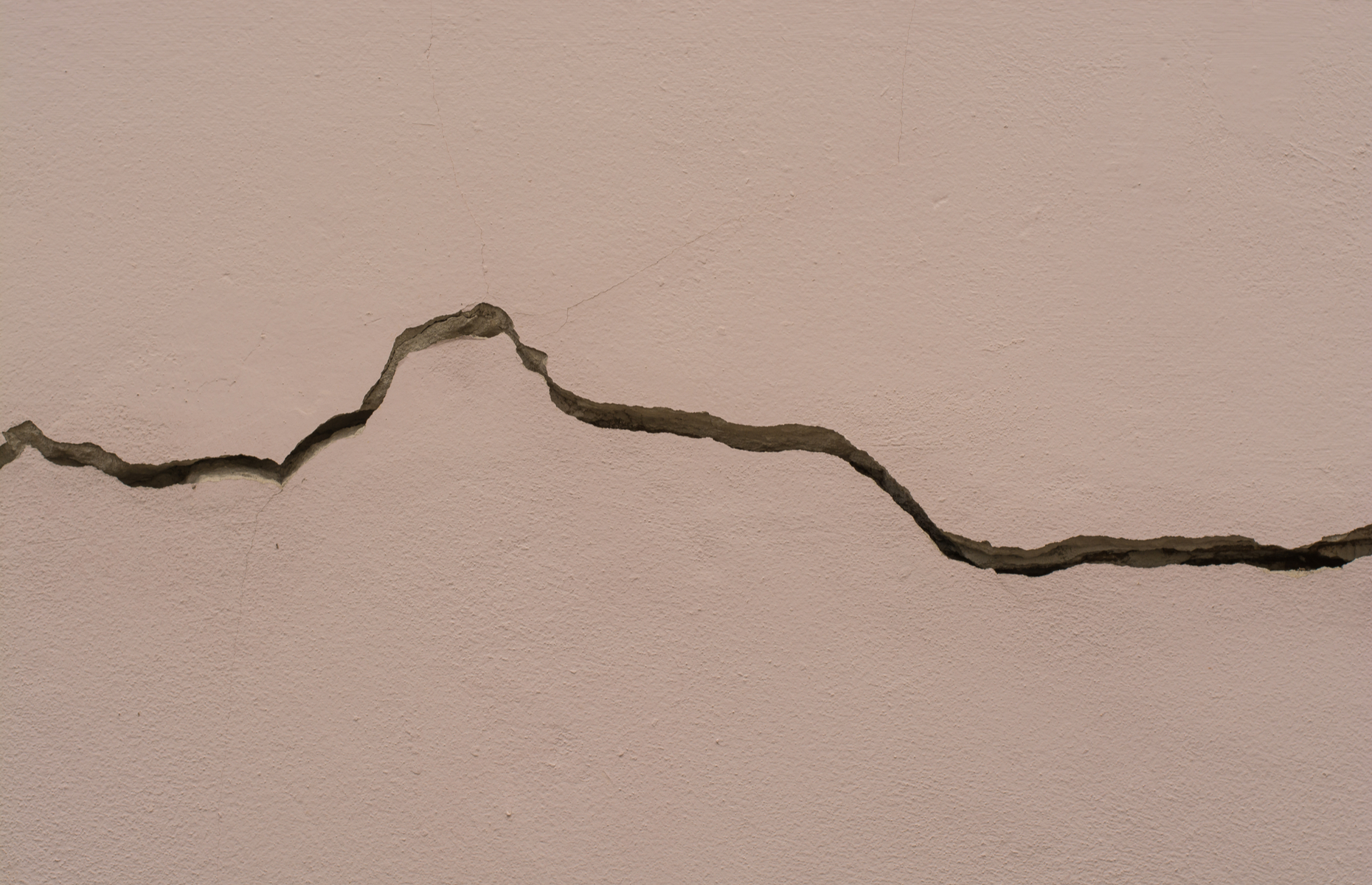
Image Credits: loveproperty.com
Spiders from your garden can invade your home through the existing holes and cracks around the house. Search your house and see if you can find some cracked walls and damaged window screens for spiders’ entry.
For cracked roofs, walls, and window screens, you can use caulk to seal them. If you have holes for your wires and cables, use caulk around the wires. Meanwhile, you may use wire mesh to seal larger openings such as chimneys or vents.
5. Inspect Grocery Bags And Boxes Before Bringing Them Inside

Image Credits: unsplash.com
Another way spiders can invade your home is through those grocery bags and boxes you bring with you indoors. This is true, especially if you place your bags and packages on the driveway or elsewhere while you unload other stuff. This can allow outside spiders and insects to climb onto your boxes and bags and carry them with you inside. So, before going indoors, inspect those heavy loads of grocery bags and boxes before taking them in to reduce the risk of spider infestation.
6. Remove Indoor Plants

Image Credits: gearpatrol.com
As much as plants bring beauty to your home, they can also become favorite hiding spots for spiders and other insects. Spiders aren’t the bravest bugs; they’d rather thrive and hide under your plants’ pots, stones, or leaves.
Other spiders would even create their webs across the leaves while waiting for other insects to land on the spider traps. So, to ensure those spiders won’t have any possible hiding space, remove those indoor plants and place them outdoors or on your patio.
7. Create A Vinegar And Water Mixture
:max_bytes(150000):strip_icc()/uses-for-vinegar-3866168-Hero-8021da2de0ff4875a067b2767502b829.jpg)
Image Credits: thespruce.com
While pesticides effectively keep spiders at bay, they may not be the healthiest and safest option for your home. To create a natural spider repellent, make a white vinegar and water mixture and put it in a spray bottle.
Then, you can use it to spray on every little crevice around the house and scare off or kill spiders. On top of that, you need not worry about chemical smells from commercial pesticides. The vinegar’s smell will disappear quickly once it dries.
8. Use Lemon Peels

Image Credits: finedininglovers.com
Another way to naturally repel spiders is by using lemon peels. Spiders aren’t a fan of citrus, which means you can use this weakness against them. If you have lemon peels, use them to rub and wipe them all over your bookshelves, windowsills, door frames, and other possible areas they can hide. Do this daily, and you can quickly get rid of spiders.
9. Get A Pet

Image Credits: newseu.cgtn.com
Having pets around the house can help control and minimize spider infestation. Dogs and cats are experienced hunters, and they’d love to handle one of these spiders who’d try to crawl their way into your floors, furniture, and tables. Now you have another excellent reason to get a pet!
10. Use Sticky Traps
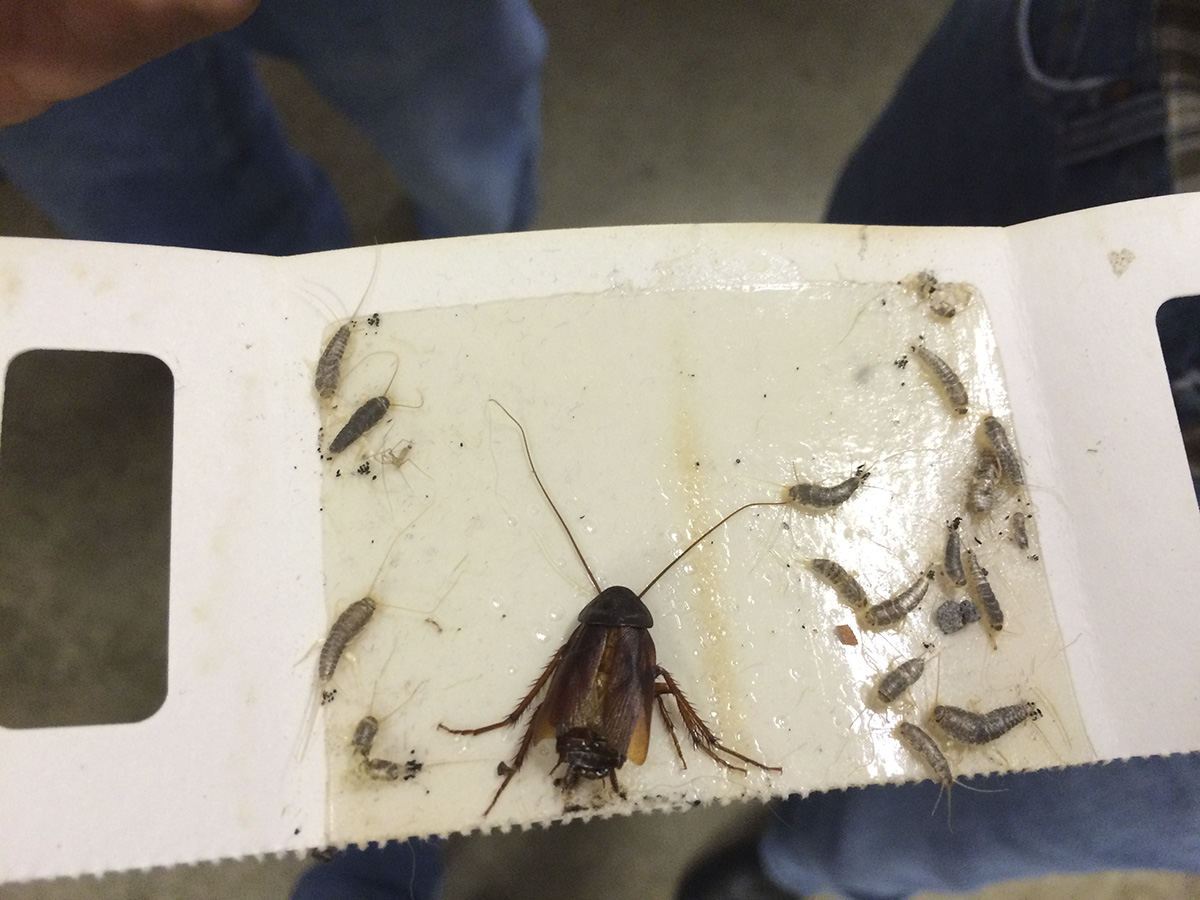
Image Credits: newsroom.unl.edu
Most sticky traps are designed to trap house flies and other insects. Since spiders are attracted to and often feed on flies, they’ll mostly get trapped in sticky traps.
If you think the spiders around your house are starting to get out of control, placing sticky traps around your home is a great idea. Place them in areas where spiders are more likely to pass through or in the hidden corners of your kitchen where flies and insects would often infest.
11. Turn Off Your Lights
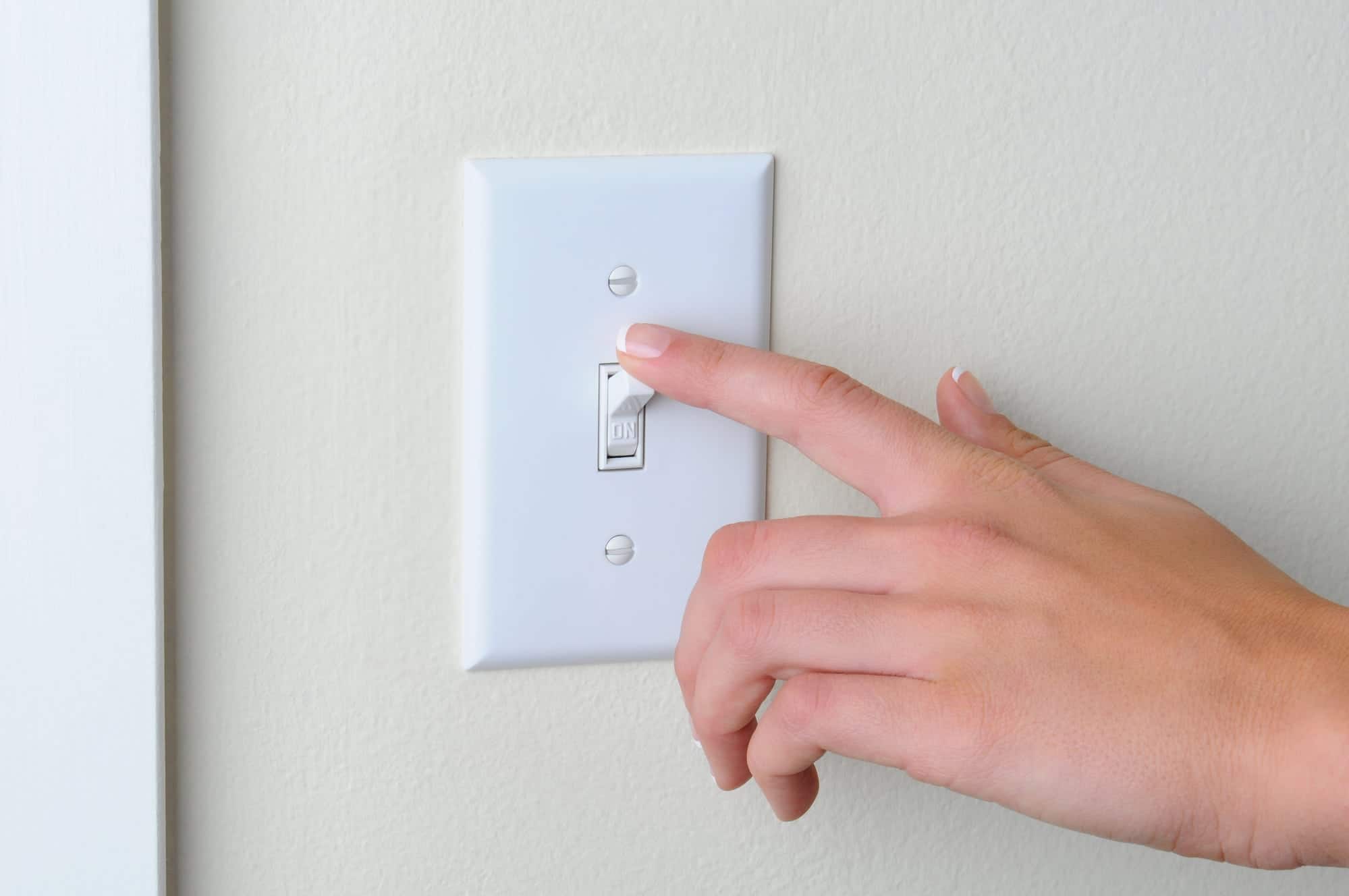
Image Credits: yourteenmag.com
While the lights don’t attract spiders, flies and other insects feast on lighted bulbs and other forms of light. As you already know, spiders follow wherever the flies go, meaning the more insects eat on your lights, the higher the chances that spiders are lurking nearby.
To prevent the spiders from having a buffet feast around your lights, turn your lights off at night, especially indoors. You can use opaque shades to keep your indoor lights from shining through the outside, attracting insects to linger around your windows.
12. Move Your Bins

Image Credits: wheeliebinsolutions.co.uk
Another way you’re attracting spiders inside your homes is through your trash bins. Flies infest bins, especially if left open while flooded with waste; they serve as their food court.
To avoid flies and spiders from invading your trash bins, move your trash bins away from doors or windows where these pests can easily sneak in. Better yet, you can place your trash bins somewhere away from your home to keep flies and spiders outdoors.
Moreover, always use trash bins with lids to keep them close. If you have trash bins inside your home, especially in the kitchen, remember to take them out and empty them daily to keep flies and spiders at bay.
13. Wash Your Fruits And Your Fruit Bowls

Image Credits: dailymail.co.uk
Despite keeping your home and kitchen countertops clean, you might wonder how you still occasionally find flies and spiders creeping into your kitchen. Keeping a fruit bowl on your countertop or the dining table could be the root cause. Fruits, especially if unwashed, attract fruit flies- and fruit flies are good meals for spiders.
To capture the fruit flies, these spiders spin their webs across your kitchen countertop or on the tiny corners around your untouched fruits and bowls. Wash your fruits after buying them to be safe and discourage spiders from infesting your kitchen. Most importantly, wash your fruit bowls now and then to ensure no fruit flies and spiders live underneath.
Wrap Up
Most house spiders cause no harm unless they’re lethal, such as the black widow spiders, hobo spiders, or tarantulas, which are rare. Your house spiders can be helpful indoors as they hunt and feed on harmful insects like mosquitoes, houseflies, and other bugs. But to keep the number of spiders in control, the tips above can help you eliminate them and their cobwebs from your house.
Frequently Asked Questions About Spider Control
a) What Will Keep Spiders Away?
You can take several measures to eliminate spiders, as discussed above. If you want to keep spiders away, repellents are your best solution- and in all cases, using natural or organic products is the best option. Here are some of the best natural repellents to keep spiders away:
-
- Essential oils (like peppermint, lavender, tea tree oil)
-
- Citrus peels
-
- Vinegar
-
- Chestnuts
-
- Eucalyptus leaves
-
- Cinnamon
-
- Cedarwood
-
- Hedge apples (or Osage oranges)
-
- Lemon juice
-
- Garlic
b) How Do You Get Rid Of Spiders?
To get rid of an existing spider infestation, use the following effective methods;
- Thoroughly clean your house to remove spiders, webs, and egg sacs physically.
- Use spider traps (flat glue traps) or spray natural repellents like essential oils and vinegar in high-traffic areas.
- Spray repellents directly onto any spiders you see.
- Spray a contact pesticide directly on the spiders.
These methods will help eliminate spiders from your home and keep them from returning!
Remember, you also want to prevent spiders from getting into your de-infested home. Consider applying caulk around wires, cables, faucets, and electrical components running outside and sealing other cracks and crevices.
c) What Is the Most Effective Spider Control?
While there are several measures you can take to control spiders in your home, the most effective method is to seek professional pest control, particularly in the case of severe infestations. Pest control companies have the expertise and resources to identify and eliminate spider populations in your home effectively.
However, you can also take several preventive measures to control spider populations, such as regular cleaning, sealing cracks around your home, and using natural repellents. These measures reduce the risk of spider infestations and keep your home spider-free.
d) What Is the Best Repellent Against Spiders?
Consider natural and chemical options when looking for the best repellent against spiders. One effective inorganic repellent is cyfluthrin- it is a synthetic pyrethroid commonly used in insecticides. This chemical effectively repels and kills spiders, and it is ideal for severe infestations.
But, if the infestation is mild and you want to prevent the spread, you can consider natural repellents. The best solution here might be essential oils like peppermint, lavender, and tea tree oil.
Ultimately, the best repellent against spiders depends on your preferences and the severity of the infestation.














